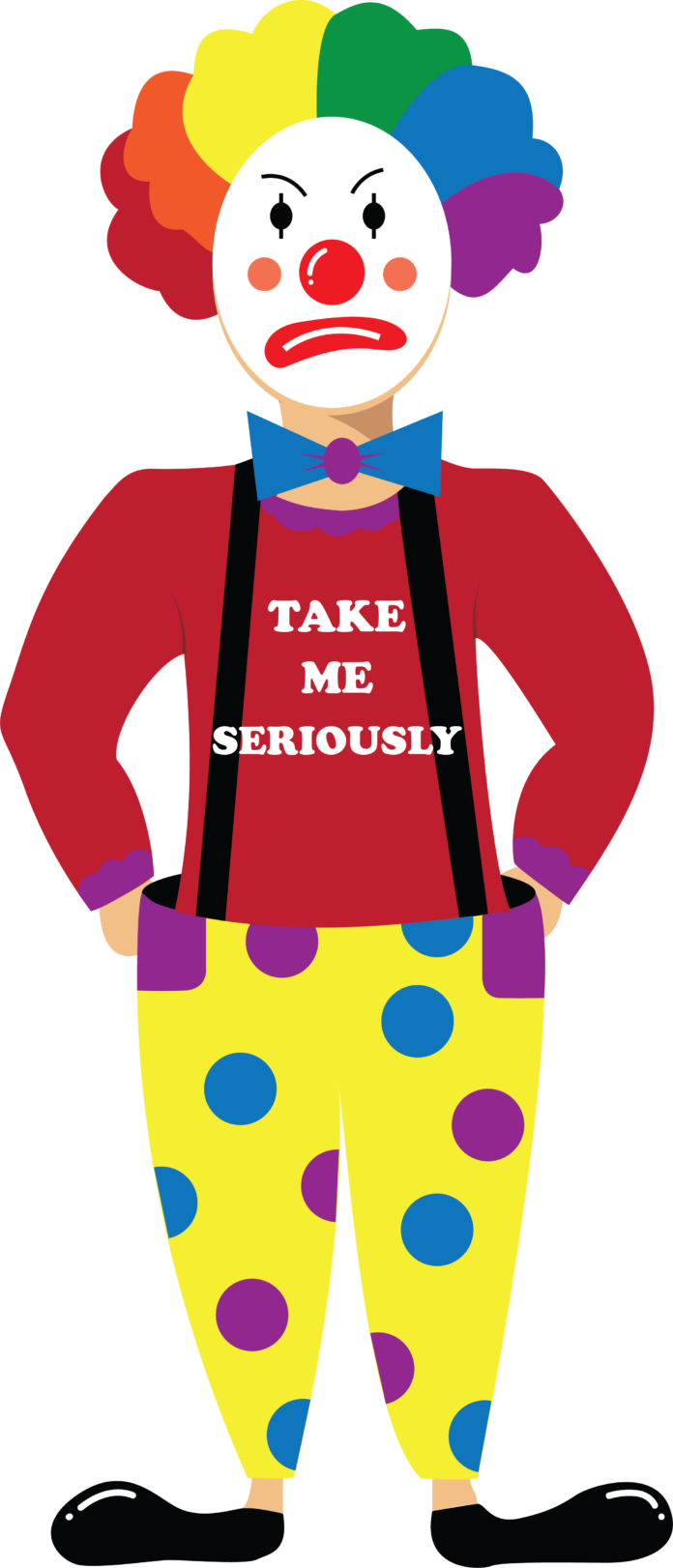Exploring the role of political incorrectness in humor
By VIOLET ZANZOT— vmzanzot@ucdavis.edu
I figured the perfect introduction for this topic would be a good joke. I was going to write in “pause for laughter” and that was going to be even funnier. I figured a good dad joke would serve best, so I used my friend as a sounding board to test some out. I asked her what you call fake spaghetti, why the coffee filed a police report and even why melons have weddings. All I got in return was a pity smile.
“It’s because you grew up most of your life without a dad,” I said. “That’s why you don’t think these jokes are funny.” We both laughed. It was a beautiful moment. Now that my comment has been written down on paper, what I said seems to be a little dark and morose, but at the moment, with the right context, it was appropriate.
That whole story I just told is what my dad would refer to as a “shaggy dog joke” (I do not know why), defining it as “a long walk for a short drink of water.” A weird way to classify a joke, but it’s even more interesting that the joke is classifiable to begin with. Humor needs to be particular in order to be successful — the content, the audience, the context of the joke being told and the goal outcome of the joke itself (are we going for just a smile or are we hoping to be rolling on the floor gasping for air) are all so important.
In the state of chronic tension in which we exist today, it feels even harder to reach an audience. Comedy is forced to walk an ever-thinning tightrope between the offended and the offensive: between the “too far” and the “not far enough.” The turmoil begs the question: Is there a place for political incorrectness in comedy?
Saturday Night Live (SNL) just celebrated its 50th birthday on Feb. 16. That makes 50 years of boundary-pushing, making light of the heinous, the morbid and the despicable for a laugh. 50 years of treading the tightrope. If you aren’t familiar with the show, I ask, “Where have you been?” (a prime example of an unfunny joke).
SNL is a live, late-night, variety, sketch, comedy show. As I mentioned, they trend toward political, grotesque and satirical comedy, but they are certainly not above the occasional cheap bit here and there.
SNL has historically been unique, because the entertainers are willing to “comedically [go] where others dare not go.” Cast members use words we’re not supposed to say and generally contemplate topics that are not suited for the dinner table: discussing rape, power relations, race, politics, gender, sexuality, violence — you name it, they’ve done a bit on it.
This characteristic in particular is why SNL has been so successful. The shock of satire is so sweet. Humor can be a powerful tool to make people not just laugh but to think. I find that this is where the disconnect exists between what is offensive and what people get offended by. Sometimes, context gets lost in the bit.
Political incorrectness as a part of satire, saying a derogatory term for the sake of commentary, is a lost art. People jump so quickly to get mad that they miss the point, which is that they’re saying the same thing: the comedian just says it in a much funnier way. It’s better to admit you’re jealous of someone funny than it is to call someone out for being a bad person, when, in reality, humor’s nuance is complicated.
This is not to say that the hurtful thing is always said for a laugh; it is to say that understanding context is an important skill if we want to exist in a world where our language does not have to be policed. Perhaps there is a difference between critiquing someone’s language and critiquing their morality, and understanding each other’s humor may just be the measuring stick we need.
So, what makes you laugh and why do you think that is?
Written by: Violet Zanzot— vmzanzot@ucdavis.edu
Disclaimer: The views and opinions expressed by individual columnists belong to the columnists alone and do not necessarily indicate the views and opinions held by The California Aggie.









